News Desk
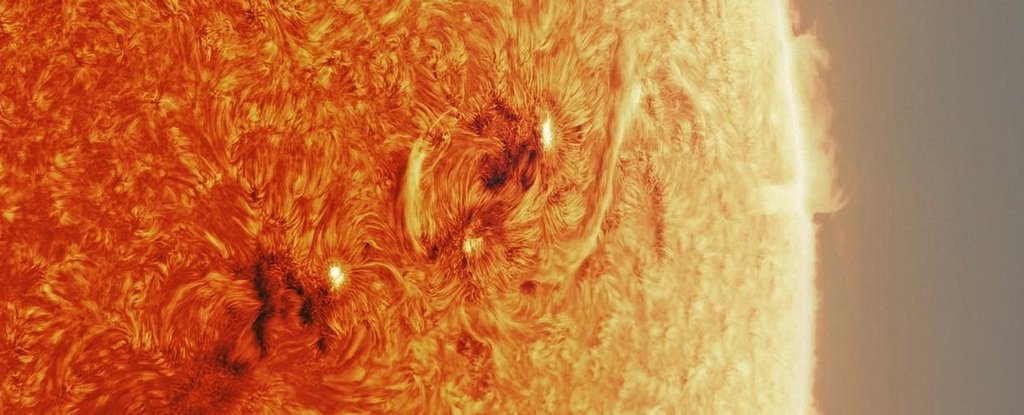
You’re looking at a 300-megapixel photo of our Sun. Astrophotographer Andrew McCarthy used a specially modified telescope, taking over 150,000 individual photos and combining them into this magnificent image.
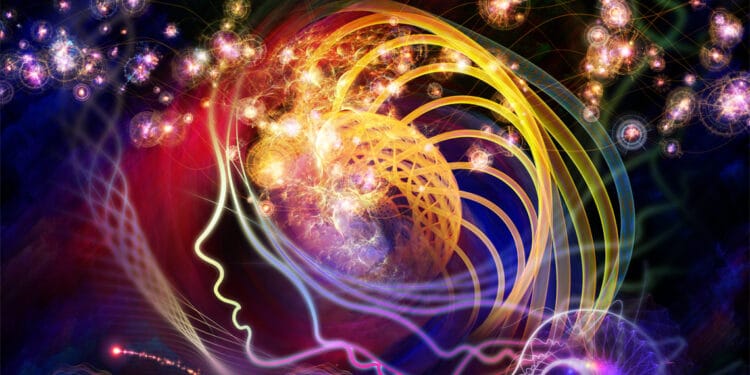
A naturalistic study published in the journal Scientific Reports provides evidence that the ceremonial use of ayahuasca can lead to significant reductions in neuroticism, a personality trait associated with depression and anxiety.
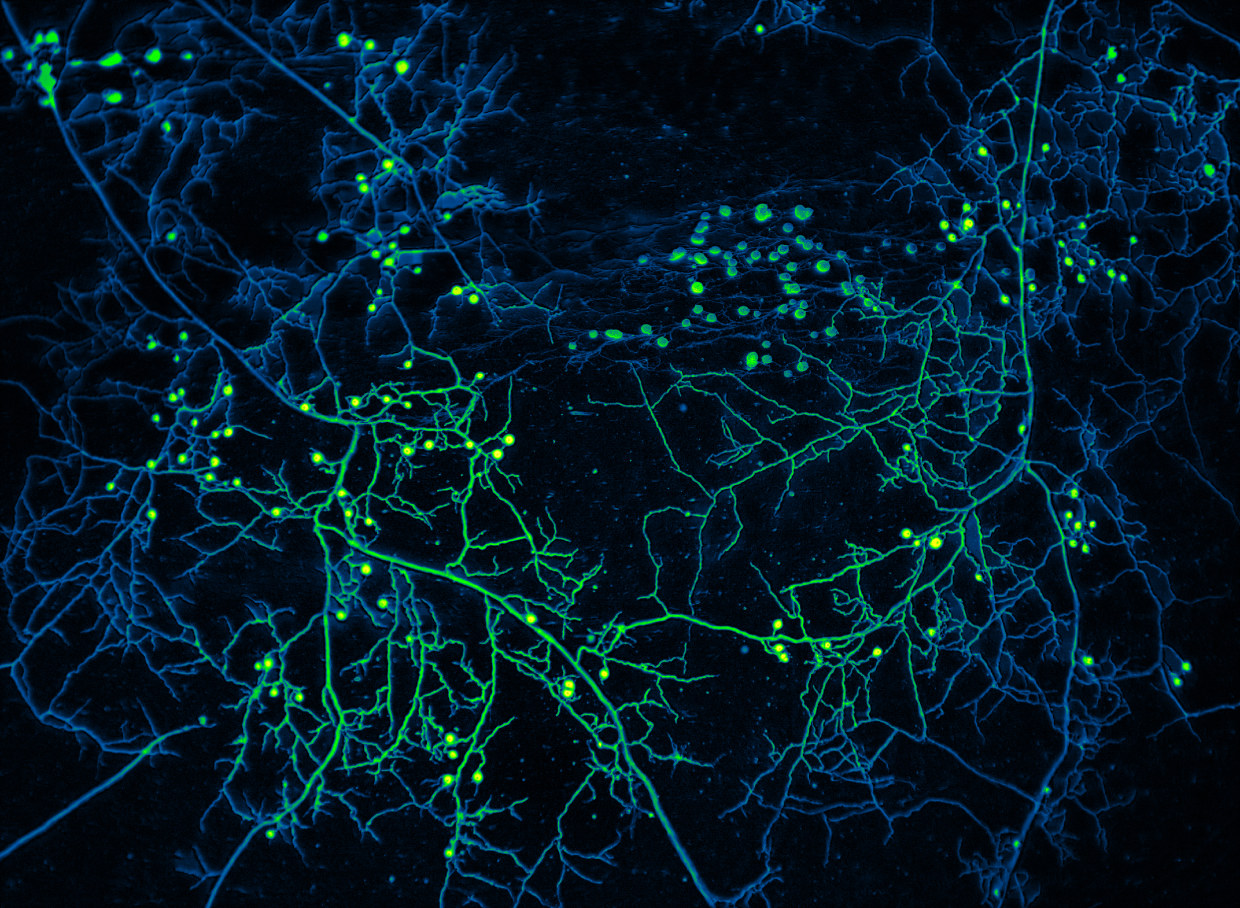
Vast networks of microscopic, underground fungi serve a crucial role in Earth’s ecosystems — and there’s a lot we don’t know about them.
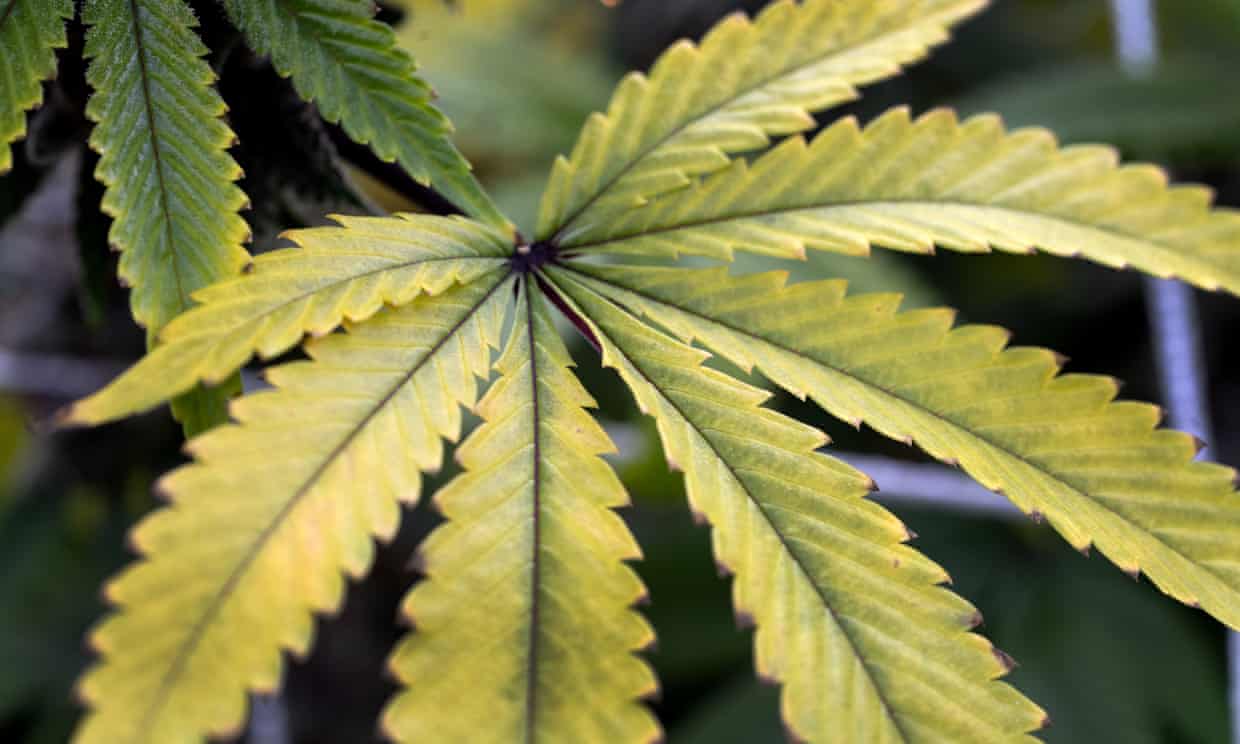
Malta will this week become the first European country to legalise the cultivation and possession of cannabis for personal use, pipping Luxembourg to the post, as the continent undergoes a wave of change to its drug laws.
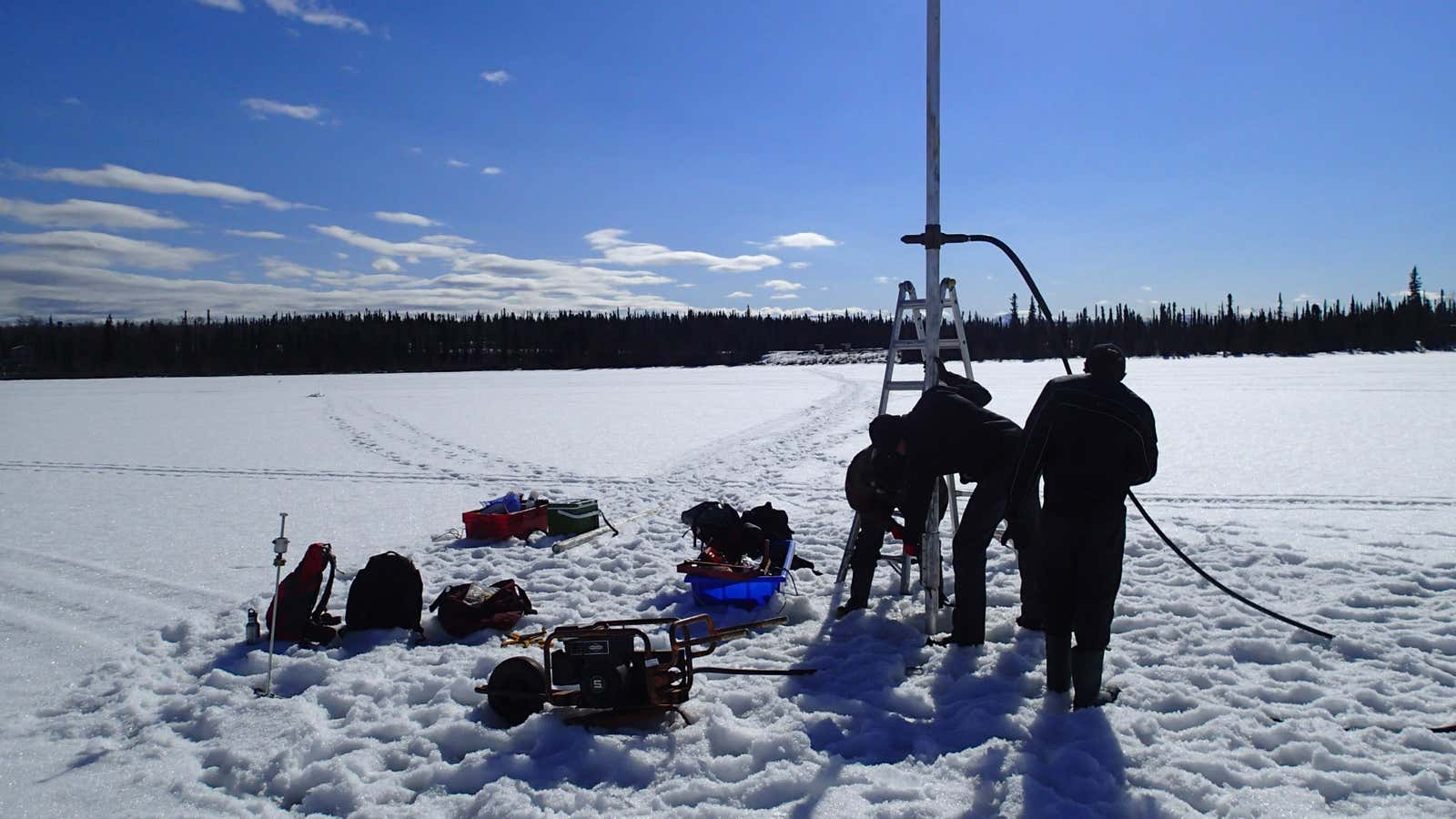
Soils kept in cold storage suggest that some of these now-extinct animals survived longer than previously thought…The ice-cold cores from Klondike were later found in a McMaster University freezer by Tyler Murchie, an archaeologist specializing in ancient DNA at the university, who began to reinvestigate them. Murchie and his team’s work was published today in Nature Communications.
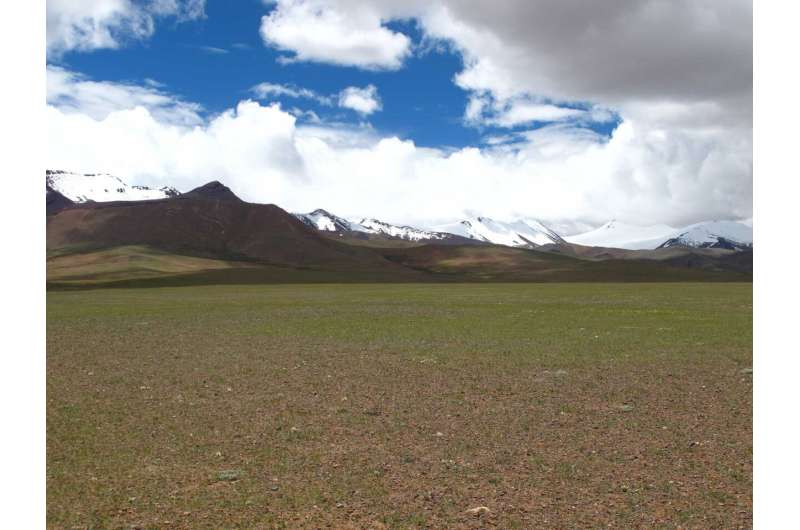
The Tibetan Plateau has long been considered one of the last places to be populated by people in their migration around the globe. A new paper by archeologists at the University of California, Davis, highlights that our extinct cousins, the Denisovans, reached the “roof of the world” about 160,000 years ago—120,000 years earlier than previous estimates for our species—and even contributed to our adaptation to high altitude.
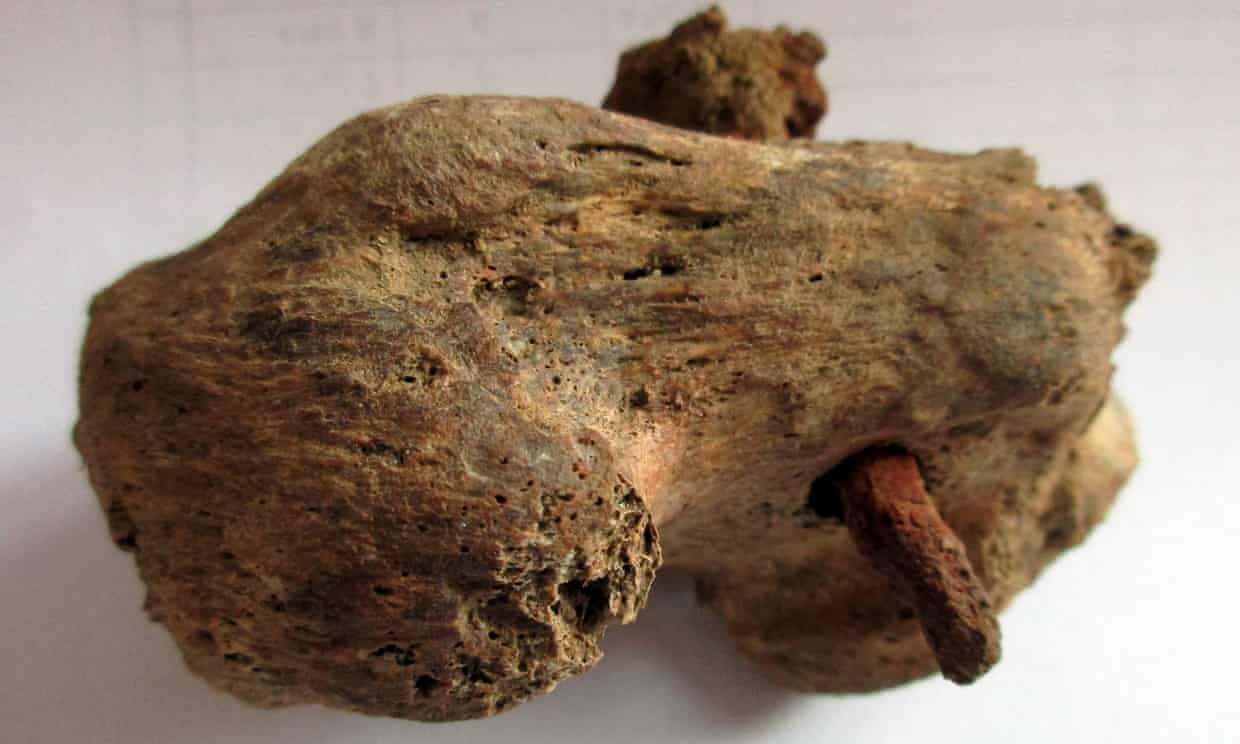
Near 1,900-year-old skeleton discovered with nail through heel bone during excavation in Fenstanton
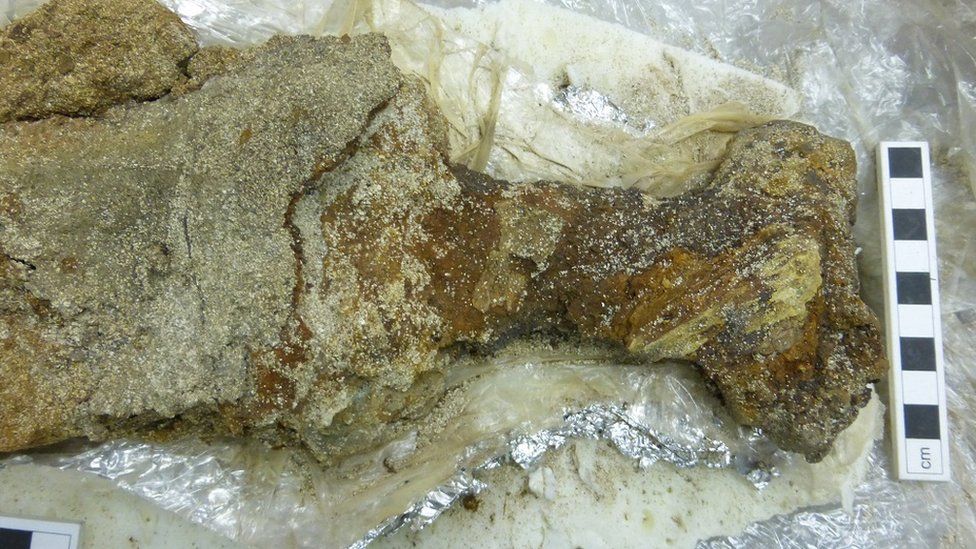
A Viking sword found at a burial site in Orkney is a rare, exciting and complex artefact, say archaeologists.
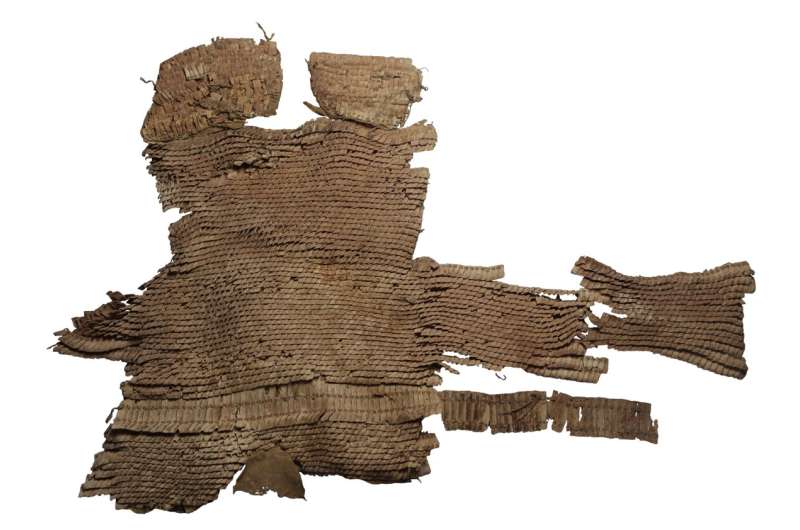
Researchers at the University of Zurich have investigated a unique leather scale armor found in the tomb of a horse rider in Northwest China.
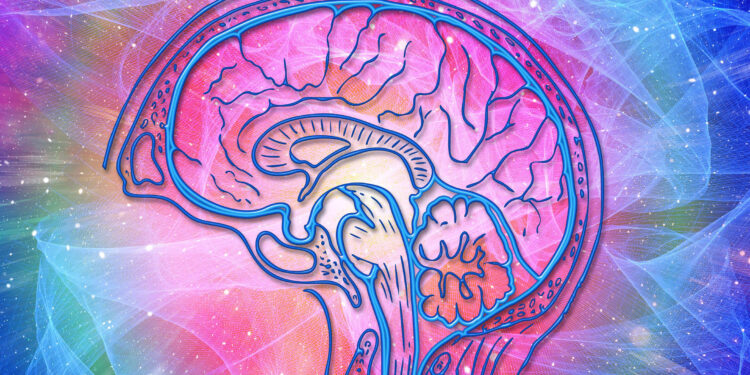
A new study published in the Journal of Humanistic Psychology sheds light on the mechanism connecting psychedelic use to improved mental health. The study found evidence of a pathway whereby the use of psychedelics increases spirituality, and in turn, leads to better emotion regulation.
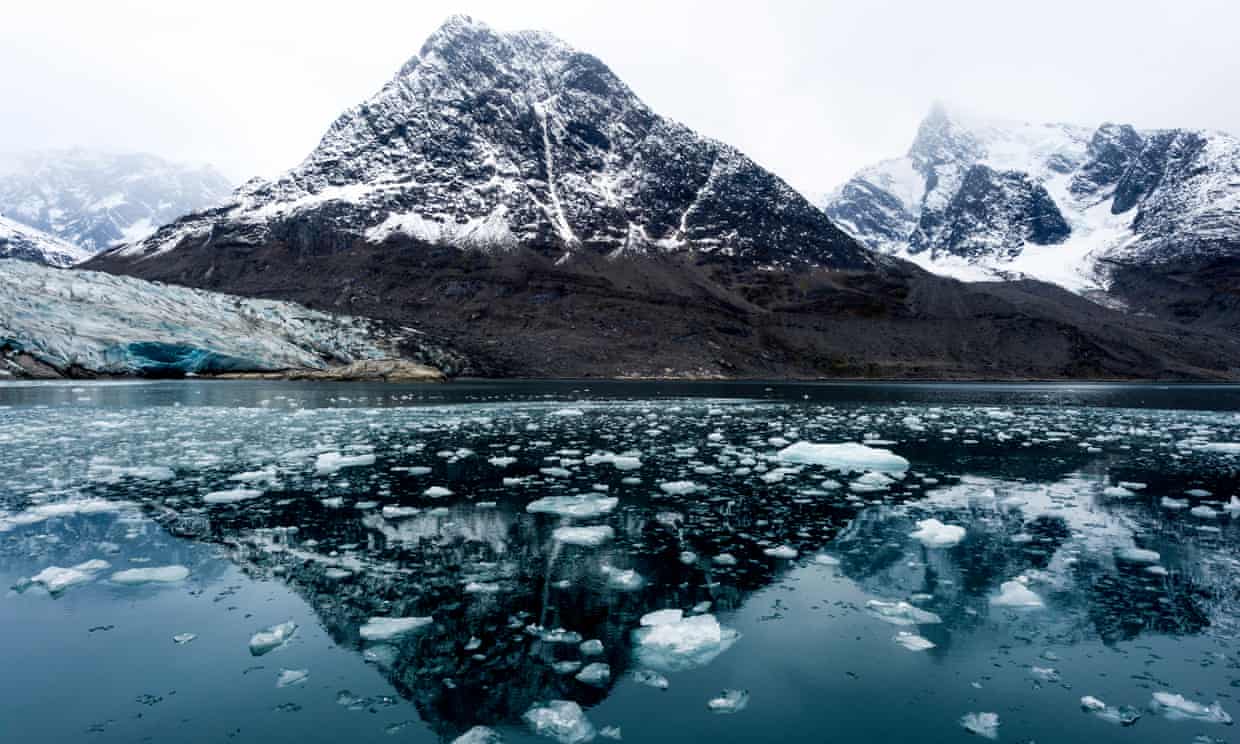
The mighty forces that created our planet’s mountains in ancient days got some unexpected help, scientists have discovered. Their research shows some of Earth’s greatest ranges got a boost from primitive lifeforms whose remains lubricated movements of rock slabs and allowed them to pile up to form mountains.
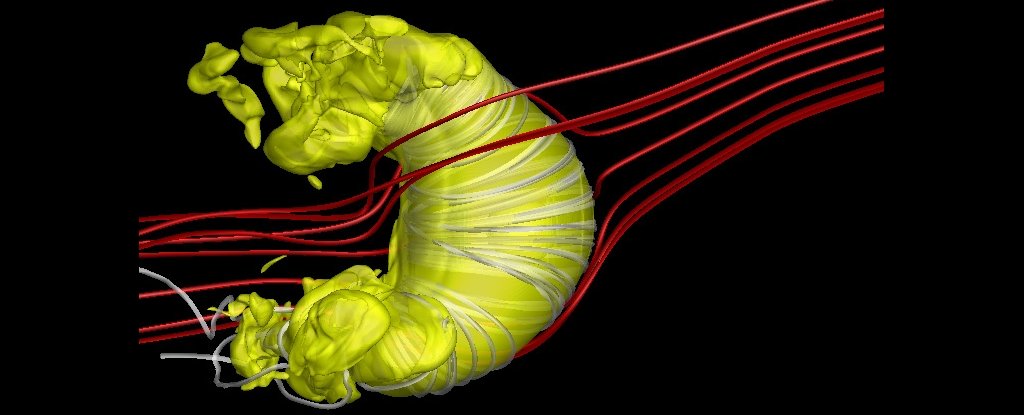
The Solar System exists in a bubble. Wind and radiation from the Sun stream outwards, pushing out into interstellar space. This creates a boundary of solar influence, within which the objects in the Solar System are sheltered from powerful cosmic radiation.
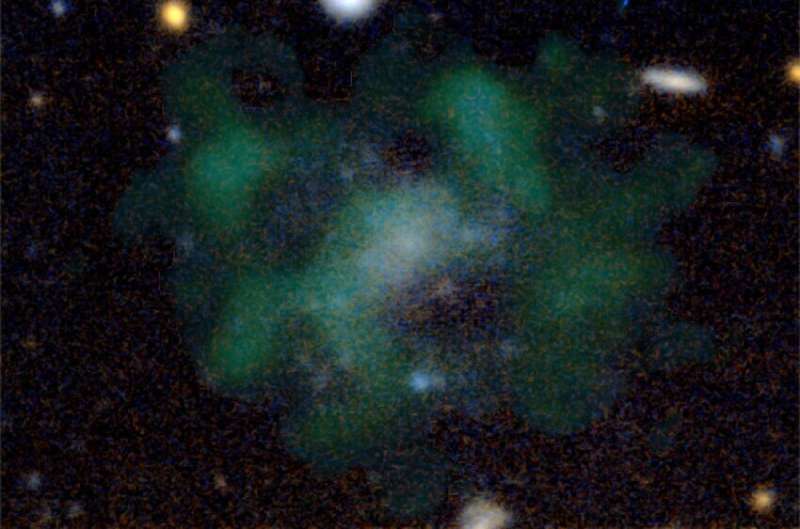
An international team of astronomers led by researchers from the Netherlands has found no trace of dark matter in the galaxy AGC 114905, despite taking detailed measurements over a course of fourty hours with state-of-the-art telescopes. They will present their findings in Monthly Notices of the Royal Astronomical Society.
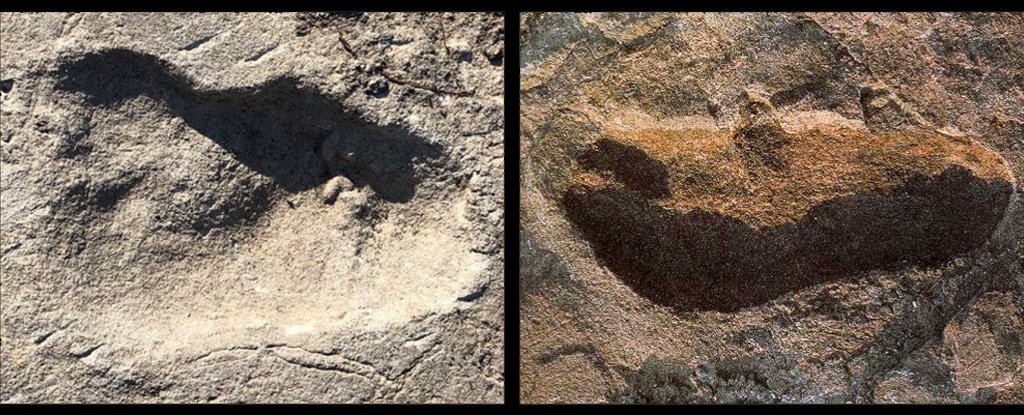
A staggering 3.7 million years ago, an unknown species walked on two legs across a blanket of volcanic ash in what’s now northern Tanzania. These steps, immortalized by the volcanic ash gradually turning into rock, were unearthed back in 1978 and mistakenly dismissed as being bear-like. But not everyone agreed.
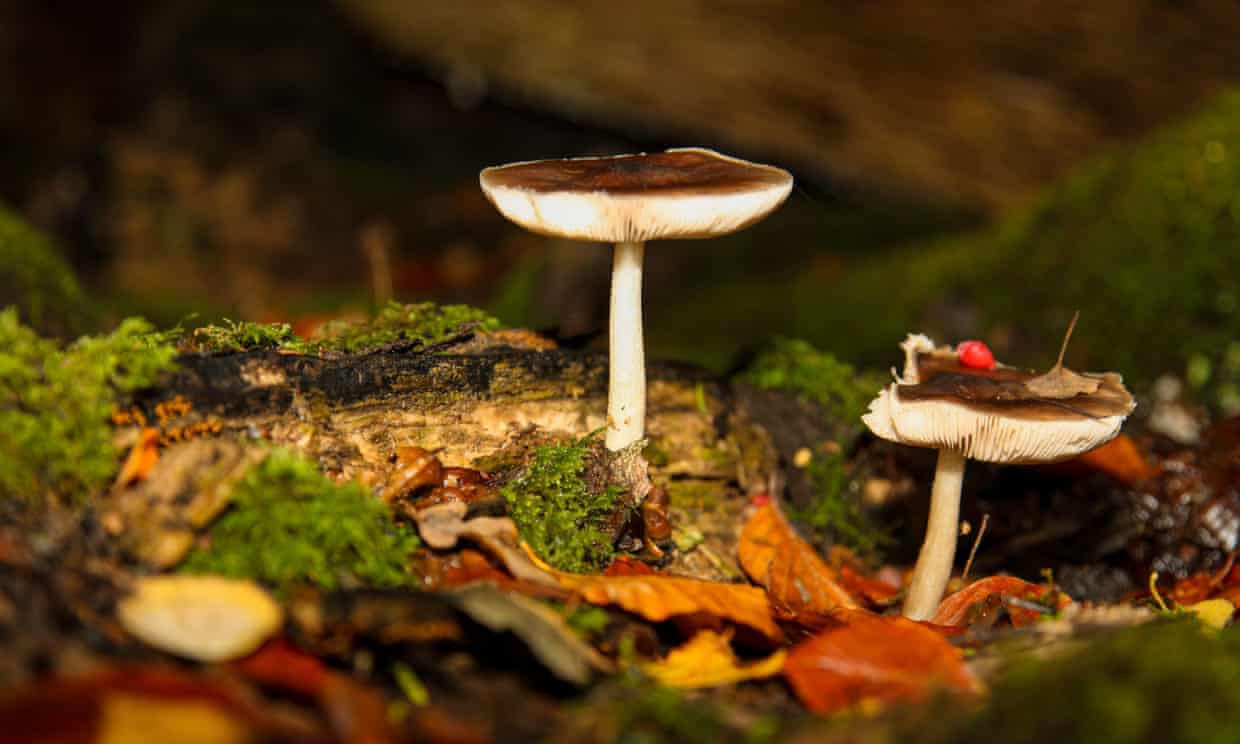
If we want to tackle the climate crisis, we need to address a global blindspot: the vast underground fungal networks that sequester carbon and sustain much of life on Earth.
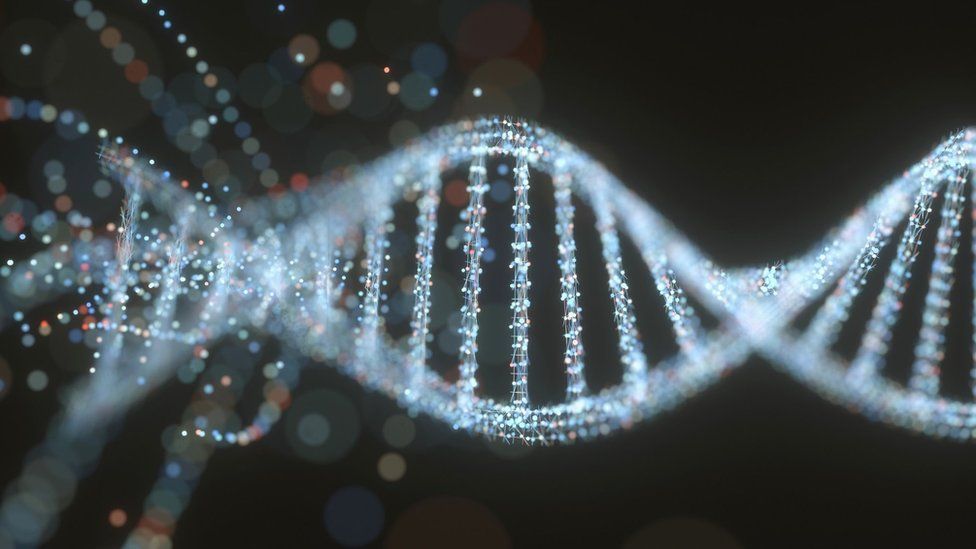
Scientists say they have made a major step forward in efforts to store information as molecules of DNA, which are more compact and long-lasting than other options.








